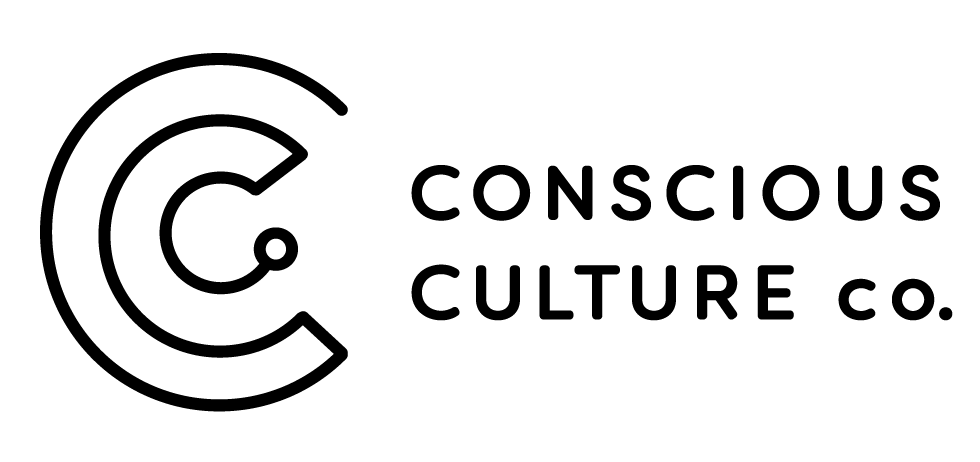Approaching Mid-Year Reviews in 2020
Approaching Mid-year Reviews in 2020
As we approach mid-year reviews, many leaders are wondering how to handle performance feedback during such an unprecedented time. Should companies be conducting reviews during a time like this? How can our teams be accountable to performance targets, so neatly designed before we knew what 2020 would hold?
In times of stress, our instinct can be to pull back from performance conversations. But now more than ever, people need feedback, direction, and vision. Sharing and receiving feedback are vital skills for navigating challenges with your teams: these practices create open channels for dialogue, create space for growth and prioritize wellbeing.
As you head into a weekly check-in or formal mid-year review this summer, here are three tips to guide you:
1. Understand your relationship as context
Feedback is never delivered in a vacuum. Whether you are giving or receiving feedback, that interaction is highly contextualized within the quality and credibility of the relationship.
a. As a giver: Establish safety from the start by affirming your intention for sharing the feedback. For example, say “This may be hard to hear, but I really care about you and think it could be helpful to know the impact this action is having on others.”
b. As a receiver: Some of our most difficult relationships offer us the most valuable insights. The people that see our edges can offer new and valuable perspectives or insights. Don’t throw out the feedback just because of the source – examine what’s offered to find what pieces you can incorporate for your own growth.
2. Don’t personalize it
Feedback gets hard when it feels personal. Whether you’re giving or receiving the feedback, focus on identifying the past behaviors that should be either repeated or adjusted. Behaviors are things that you can see or observe, like actions, tone of voice, body language and work product. Avoid character judgements by focusing on performance, not the person.
3. Focus on the future
The purpose of feedback is future growth. Use questions like, “What can we do differently next time?” to co-create solutions for an improved future. When you focus on the future rather than litigating the past, the conversation becomes collaborative and empowering, rather than punitive. It signals to the other person, “I believe in you and care about your success.”
Finally, as you approach performance conversations, use them as an opportunity to recalibrate goals for the year. In our unpredictable and dynamic reality, it’s important for leaders to model adaptability and admit that we didn’t know what we didn’t know at the time. Use this as an opportunity to openly discuss this year’s challenges and recast vision for the future together.
If you’d like to discuss your company’s performance management or feedback practices and brainstorm solutions, set up a free 30 minute consultation call with us here.
